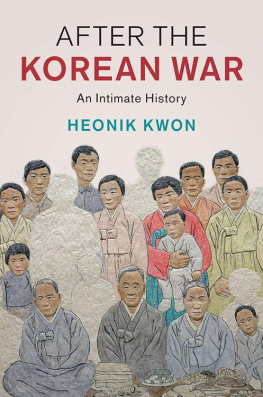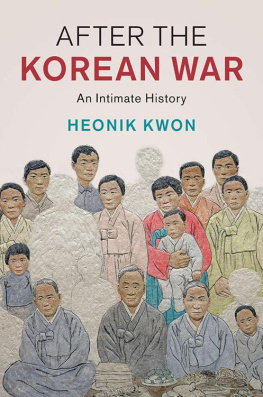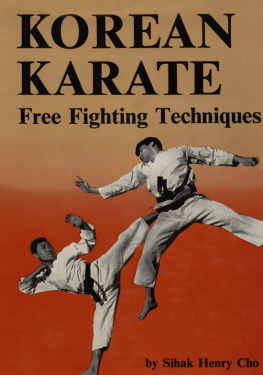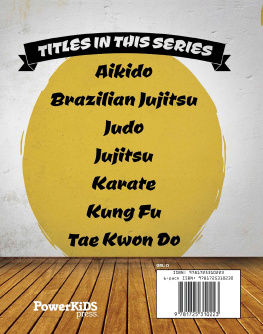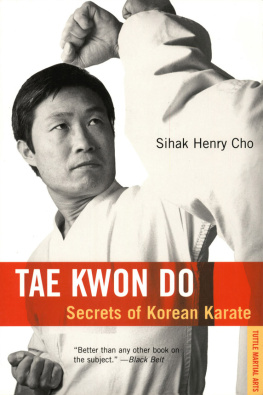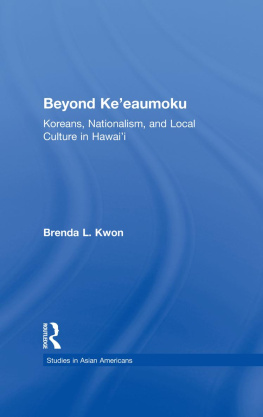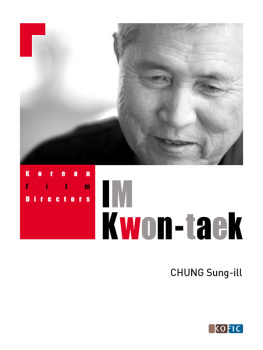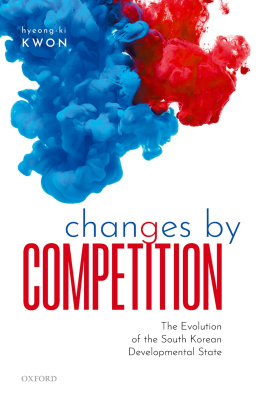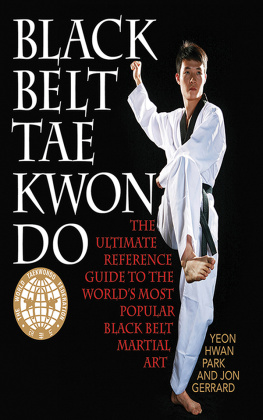Following his prizewinning studies of the Vietnam War, renowned anthropologist Heonik Kwon presents this groundbreaking study of the Korean Wars enduring legacies seen through the realm of intimate human experience. Kwon boldly reclaims kinship as a vital category in historical and political inquiry and probes the gray zone between the modern and the traditional (and between the civil and the social) in the lived reality of Koreas civil war and the Cold War more broadly. With captivating historical detail and innovative conceptual frames, Kwons moving and creative analysis provides fresh insights into the Korean conflict, civil war and reconciliation, history and memory, and critical political theory.
Heonik Kwon is Senior Research Fellow in Social Science and Professor of Anthropology at Trinity College, University of Cambridge. He is the author of The Other Cold War , Ghosts of War in Vietnam , and After the Massacre: Commemoration and Consolation in Ha My and My Lai .
Advisory Editors
Heather Jones, University College London
Rana Mitter, University of Oxford
Michelle Moyd, Indiana University Bloomington
Martin Thomas, University of Exeter
In recent years the field of modern history has been enriched by the exploration of two parallel histories. These are the social and cultural history of armed conflict, and the impact of military events on social and cultural history.
Studies in the Social and Cultural History of Modern Warfare presents the fruits of this growing area of research, reflecting both the colonization of military history by cultural historians and the reciprocal interest of military historians in social and cultural history, to the benefit of both. The series offers the latest scholarship in European and non-European events from the 1850s to the present day.
A full list of titles in the series can be found at:
www.cambridge.org/modernwarfare
After the Korean War
An Intimate History
Heonik Kwon
University of Cambridge
University Printing House, Cambridge CB2 8BS, United Kingdom
One Liberty Plaza, 20th Floor, New York, NY 10006, USA
477 Williamstown Road, Port Melbourne, VIC 3207, Australia
314321, 3rd Floor, Plot 3, Splendor Forum, Jasola District Centre, New Delhi 110025, India
79 Anson Road, #0604/06, Singapore 079906
Cambridge University Press is part of the University of Cambridge.
It furthers the Universitys mission by disseminating knowledge in the pursuit of education, learning, and research at the highest international levels of excellence.
www.cambridge.org
Information on this title: www.cambridge.org/9781108487924
DOI: 10.1017/9781108768313
Heonik Kwon 2020
This publication is in copyright. Subject to statutory exception and to the provisions of relevant collective licensing agreements, no reproduction of any part may take place without the written permission of Cambridge University Press.
First published 2020
Printed in the United Kingdom by TJ International Ltd, Padstow Cornwall
A catalogue record for this publication is available from the British Library.
Library of Congress Cataloging-in-Publication Data
Names: Kwon, Heonik, 1962 author.
Title: After the Korean War : An Intimate History / Heonik Kwon.
Description: Cambridge, United Kingdom ; New York, NY : Cambridge University Press, 2020. | Series: Studies in the social and cultural history of modern warfare | Includes bibliographical references and index.
Identifiers: LCCN 2019041202 (print) | LCCN 2019041203 (ebook) | ISBN 9781108487924 (hardback) | ISBN 9781108768313 (ebook)
Subjects: LCSH: Korean War, 19501953 Social aspects. | War and society Korea. | Kinship Political aspects Korea. | Social ethics Korea. | Collective memory Korea. | Cold war Social aspects Korea. | Korea Foreign relations 1945
Classification: LCC DS921.5.S63 K96 2020 (print) | LCC DS921.5.S63 (ebook) | DDC 951.904/21dc23
LC record available at https://lccn.loc.gov/2019041202
LC ebook record available at https://lccn.loc.gov/2019041203
ISBN 978-1-108-48792-4 Hardback
Cambridge University Press has no responsibility for the persistence or accuracy of URLs for external or third-party internet websites referred to in this publication and does not guarantee that any content on such websites is, or will remain, accurate or appropriate.
Contents
Acknowledgments
This book would not have been possible without the support and encouragement of many interlocutors. Among others, I thank the village elders in Andong who so generously tolerated my intrusive inquiries into their shared yet divisive past trajectories. Special thanks are also due to members of the Hagui Village Development Assembly in northern Jeju, who made my research in the village possible, as well as many others elsewhere in Korea who kindly shared their family histories with me. My research in South Korea received generous support from the Academy of Korean Studies (AKS-2016-LAB-2250005). Seoul National Universitys Department of Anthropology kindly provided a space, in the form of a distinguished visiting professorship, during a crucial stage of writing. I am indebted to numerous other institutions for giving me opportunities to discuss with students, colleagues, and the general public in Asia, Europe, and North America on the one hand, different ways to rethink the history and legacy of modern civil warfare, and, on the other, the fate of communitas in modern politics. This book has grown out of the thoughts we exchanged in these two separate investigative spheres, which I set out to bring together in this book. The present book also grows out of my earlier engagement with Vietnam War history. Marilyn B. Young, a towering scholar of the Vietnam War and US foreign policy, offered unfailing support while I was struggling to migrate from one gigantic historical milieu of human struggle against political violence to another. When I first met her, Marilyn was preparing a similar journey, having started her eminent career from the study of China in civil war. We shared the conviction that this move was necessary for coming to terms with the living ruins of the global civil war, which we habitually call the Cold War. This book is dedicated to her memory.
Introduction
An elderly woman keeps shaking her head each time she encounters a stranger. She has no control over her unusual bodily reaction, which originates from an incident in the early days of the Korean War that tragically claimed her sons life. Her only son was in hiding in a nearby village. A group of armed men suddenly confronted his mother while she was tending to the familys rice paddy. Taken by surprise, she began to shake her head vigorously as a way of saying that she had no knowledge of her sons whereabouts. She believed that these men were after him, and this was what her young daughter-in-law had asked her to do if such a situation should arise. The young woman knew that her mother-in-law was not good at lying. When the petrified woman recovered her senses shortly afterward, she came to the painful realization that she had made the gesture of denial before the men even began questioning her about her son.

